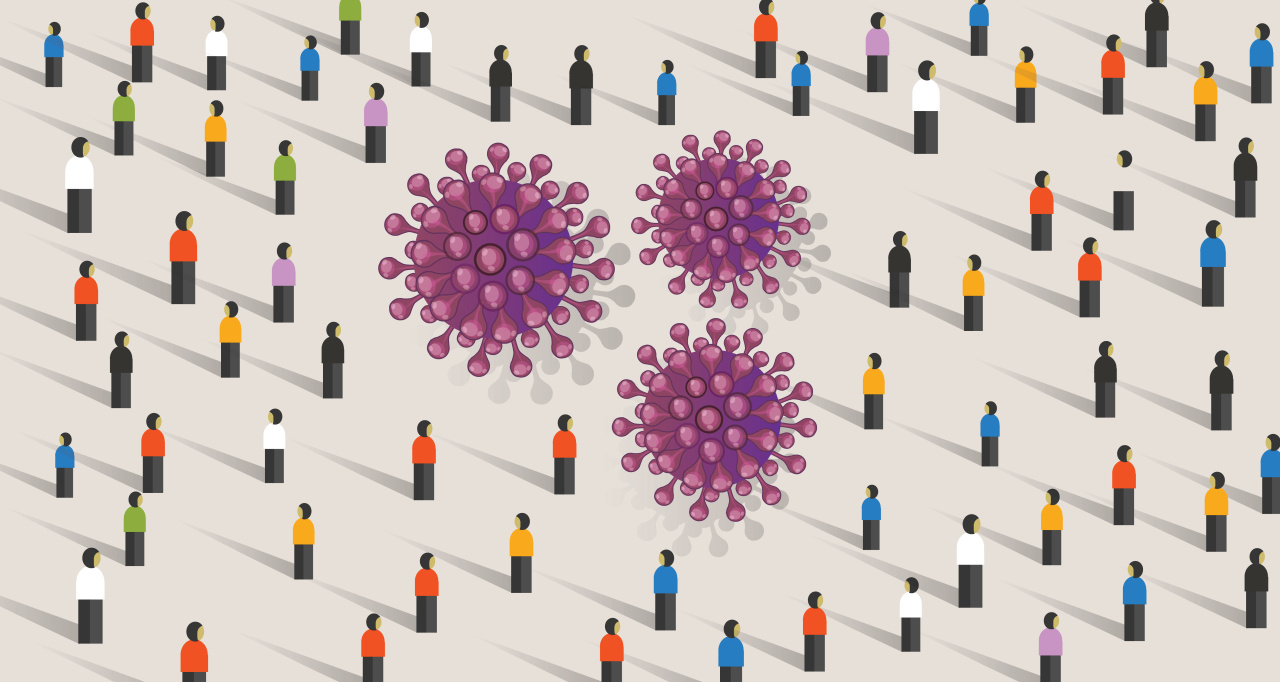Cabin fever sets in for those in isolation for coronavirus
Koreans staying at home to avoid COVID-19 come up with ways to cope with the psychological toll of isolation
By Park YunaPublished : March 3, 2020 - 17:03
A 32-year-old librarian in Gumi-dong, Gyeonggi Province, who is expecting a baby in May, has not left her house for four days. Her daughter, 4, has been home all day since her day care center shut down due to the COVID-19 outbreak.
“I am pregnant so I am very cautious about the ongoing situation, and there is no place for my first child to play these days. ... It is really stressful for me and my daughter,” the woman said. “Over the past four days, a 15-minute walk to the grocery store to buy some food was all I left the house for.”
As the number of novel coronavirus cases continues to spike, people have begun to isolate themselves as a form of voluntary quarantine. Many companies also have encouraged people to work from home starting last week.
“I am pregnant so I am very cautious about the ongoing situation, and there is no place for my first child to play these days. ... It is really stressful for me and my daughter,” the woman said. “Over the past four days, a 15-minute walk to the grocery store to buy some food was all I left the house for.”
As the number of novel coronavirus cases continues to spike, people have begun to isolate themselves as a form of voluntary quarantine. Many companies also have encouraged people to work from home starting last week.

As people spend more time at home, some have started to experience depression, emptiness or lethargy. In an online community, one post reads, “Is it ‘coronavirus depression’? I am feeling down these days at home. I have been craving to meet and talk with people outside.”
On Tuesday, the Korean Medical Association launched the “3-1-1 Campaign,” suggesting people minimize contact with others and stay at home during the first week of March. “Each individual’s effort is crucial at this time to prevent the further spread of the virus,” the KMA said in a press release.
How to cope
Jeon Byung-hee, a psychiatrist at the Gonggam Psychiatric Clinic, says he is seeing patients who are experiencing hypochondria, or extreme anxiety about their health. Some report feeling claustrophobic.
“People tend to think too much when the amount of physical activity decreases, so I encourage people to take a short walk outside, as long as they are not infected,” Jeon said. This is better for preventing the common cold or even coronavirus infection, he said, explaining that it is psychologically and physically more damaging to confine yourself at home.
Yoon Dae-hyun, a clinical professor at the Seoul National University College of Medicine, advises that it is important to regard anxiety and depression as natural under the present circumstances.
“People may have felt anxiety first over the virus spread, then started to feel some type of depression due to the social distancing, which is quite natural, in fact, at this time,” he said.
“This event (the COVID-19 outbreak) is very draining for the brain as it is constantly working (for survival). The method (of transmission) is uncertain, it is difficult to predict and it is unclear when it will end,” Yoon said. “A lot of energy is spent, but there are very few means for recharging, such as meeting with people for small talk, going out for cultural events or appreciating nature. Burnout happens easily. Then we may have depression,” Yoon explained.
“Although resources are limited, people need to seek ways to alleviate negative emotions, such as taking up a hobby at home or talking to family members,” Yoon advised.
Kang Ji-su, 30, a researcher, says she has registered for online painting classes to relieve the boredom of home confinement. “I have nothing to do at home, so I found this online class,” she said. “Time flies when I am working on painting. … I am thinking about registering for a calligraphy class also.”
Rather than venturing out to crowded places, some people have taken to visiting small stores to shop -- or just to share information and engage in small talk.
“The number of customers has definitely decreased, but still some people come out to visit small stores like ours instead of big department stores or markets in order to avoid people,” said the owner of a clothing store in Seongnam, Gyeonggi Province.
A high school teacher, 37, who enjoys hosting social meet-up events through a community-based online app, says he overcomes the “extreme boredom” he felt at home in a positive way.
“I used to enjoy hanging out with people at home or at cafes. But now I try to meet them outside, like at a park,” he said.
Others are taking advantage of the time spent at home to get organized. Park U-hee, 32, a former flight attendant, started to sell her clothes online while staying at home and cleaning out her closet.
“There are not many things to do at home, so I started to sell clothes that I don’t wear anymore. I need to arrange my closet anyway because spring is around the corner,” she said.
By Park Yuna (yunapark@heraldcorp.com)









![[Kim Seong-kon] Democracy and the future of South Korea](http://res.heraldm.com/phpwas/restmb_idxmake.php?idx=644&simg=/content/image/2024/04/16/20240416050802_0.jpg&u=)









![[Today’s K-pop] Zico drops snippet of collaboration with Jennie](http://res.heraldm.com/phpwas/restmb_idxmake.php?idx=642&simg=/content/image/2024/04/18/20240418050702_0.jpg&u=)